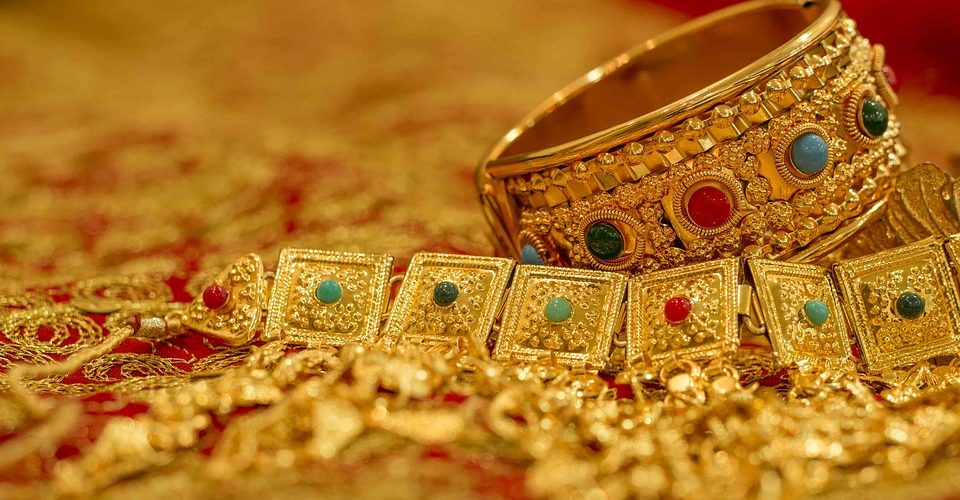Source Curia
Decision
Council Directive 2006/112/EC of 28 November 2006 on the common system of value added tax and the principle of fiscal neutrality must be interpreted as not precluding a national rule of law, such as that at issue in the main proceedings, which subjects to an indirect tax on asset transfers, other than value added tax, the acquisition by an undertaking, from private individuals, of objects with a high gold or other precious metal content, where those assets are intended for use in the economic activities of that undertaking, which, with a view to their being processed and placed back on the market, resells them to undertakings specialising in the manufacture of ingots or a variety of items made from precious metals.
Earlier, we wrote already about the question that was raised in case C-185/18 (Oro Efectivo SL).
Is a Member State allowed to levy an indirect tax other than VAT in respect of the purchase of movable property (specifically, gold, silver or jewellery) from a private individual?
On 12 June 2019, the European Court of Justice gave its judgment.
Unofficial translation
Facts (simplified):
Oro Efectivo SL purchases, sells, imports and exports raw materials, precious stones and precious metals, including buying objects with a high content of gold or other precious metals from private individuals which they – for the purpose of processing these articles and subsequently placing them back on the market – reselling them to companies specializing in the manufacture of bars or various articles of precious metal.
The Spanish tax authorities took the view that purchases of gold and other metals made by private individuals from private individuals were subject to the tax on the transfer of assets and on authentic instruments.
Oro Efectivo argued that the purchase transactions should not be subject to the tax on the transfer of assets and on authentic instruments, because it had made the purchases in the context of its trading activities. The transfer tax should only be applied to the ‘final sale’, according to Oro Efectivo. It also argued that the imposition of that tax would lead to a double taxation – contrary to the principle of fiscal neutrality, since VAT had already been levied on those purchases.
The Spanish Court wonders whether a scheme requiring an enterprise to pay an indirect tax distinct from VAT – in the form of a tax on the transfer of assets and on authentic documents – in respect of the tax paid by that enterprise the purchase of movable property such as gold, silver or jewelery made with natural persons, is compatible with the VAT Directive and with the principle of fiscal neutrality when those goods are intended for the economic activities of that enterprise, which moreover carries out transactions subject to VAT when it places the goods in question back on the market without being able to deduct, in connection with those transactions, the amount of the tax mentioned above which it paid for the original purchase of the same goods.
The Tribunal Supremo therefore asked the following questions to the ECJ:
“Does the principle of fiscal neutrality preclude national legislation under which a Member State of a trader or professional may require an indirect tax other than VAT, with regard to the purchase of movable property (in particular gold, silver or jewelery) made with a private individual if:
- the purchased item is intended for the actual economic activities of that entrepreneur through the processing and subsequent transfer thereof;
- transactions subject to VAT are carried out when the item purchased is re-marketed, and
- the legislation in force in that Member State does not permit the trader or professional to deduct, in connection with those transactions, the amount of the tax in question which he paid on the first of the abovementioned purchases?”
Judgment:
The European Court of Justice rules as follows:
The VAT Directive and the principle of fiscal neutrality must be interpreted as not precluding national legislation such as that at issue in the main proceedings, on the basis of which the purchase by an enterprise of private individuals of objects with a high content of gold or other precious metals is subject to an indirect tax on the transfer of assets, distinct from value added tax, where that goods are destined for the economic activities of that undertaking, which, for the purpose of processing and subsequently placing them on the market again, resells them to undertakings specializing in the manufacture of bars or various articles of precious metal.
Source: Curia
Newsletters















